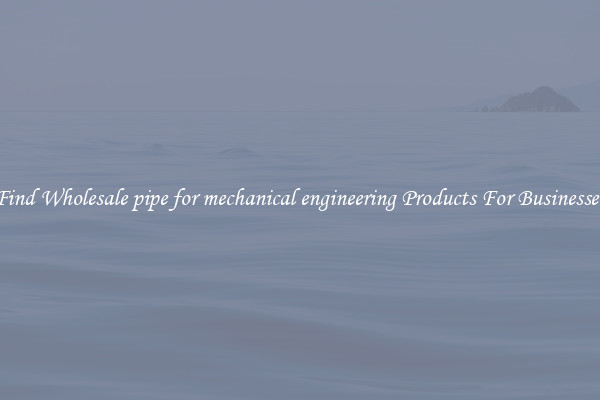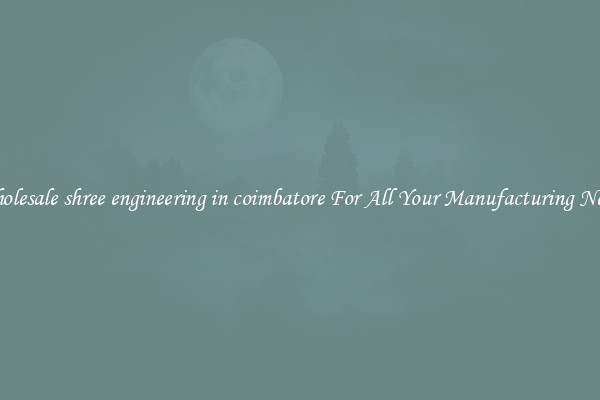Find Versatile And High Grade engineering titanium alloy
Titanium alloys have gained immense popularity in the engineering world due to their exceptional combination of strength, durability, and low density. These alloys find applications in a wide range of industries, including aerospace, automotive, medical, and marine. However, finding a versatile and high-grade engineering titanium alloy that meets specific requirements can be a challenging task.

One of the key factors to consider when selecting a titanium alloy is its composition. Titanium alloys are primarily classified into four categories: alpha, alpha-beta, beta, and near-beta alloys. Each category has its own unique properties that make them suitable for different applications. Alpha alloys offer excellent weldability and high corrosion resistance, making them a preferred choice in the aerospace industry. Alpha-beta alloys, on the other hand, excel in terms of strength, making them ideal for high-performance applications such as aircraft landing gear. Beta and near-beta alloys provide a combination of good strength, formability, and creep resistance, making them suitable for various engineering applications.
Besides the alloy composition, it is crucial to ensure that the selected titanium alloy meets specific performance requirements. Desired properties can vary depending on the application, but some common ones include high tensile strength, fatigue resistance, and excellent corrosion resistance. It is essential to work with a reputable titanium alloy supplier that can provide high-grade materials with properties that meet or exceed industry standards.
Another aspect to consider is the availability of the titanium alloy in various forms and sizes. Different applications may require different product forms, such as sheets, plates, bars, or tubes. Having access to a wide range of forms allows engineers to choose the most suitable one for their specific needs. Moreover, the availability of different sizes ensures that the titanium alloy can be used in various applications, regardless of scale.
In addition to versatility and high-grade quality, it is important to consider the supplier's reliability and expertise in the field. A reputable titanium alloy supplier will have a well-established track record of delivering high-quality materials consistently. They should also have a team of experienced engineers who can provide technical support and guidance throughout the material selection process.
In conclusion, finding a versatile and high-grade engineering titanium alloy is a critical step in ensuring the success of any engineering project. Understanding the different alloy compositions, considering performance requirements, and assessing the supplier's reliability are all essential factors to consider. By partnering with a reputable supplier, engineers can have access to the best titanium alloy materials that meet their specific needs, leading to enhanced performance, efficiency, and longevity in their applications.

View details

View details

View details

View details








